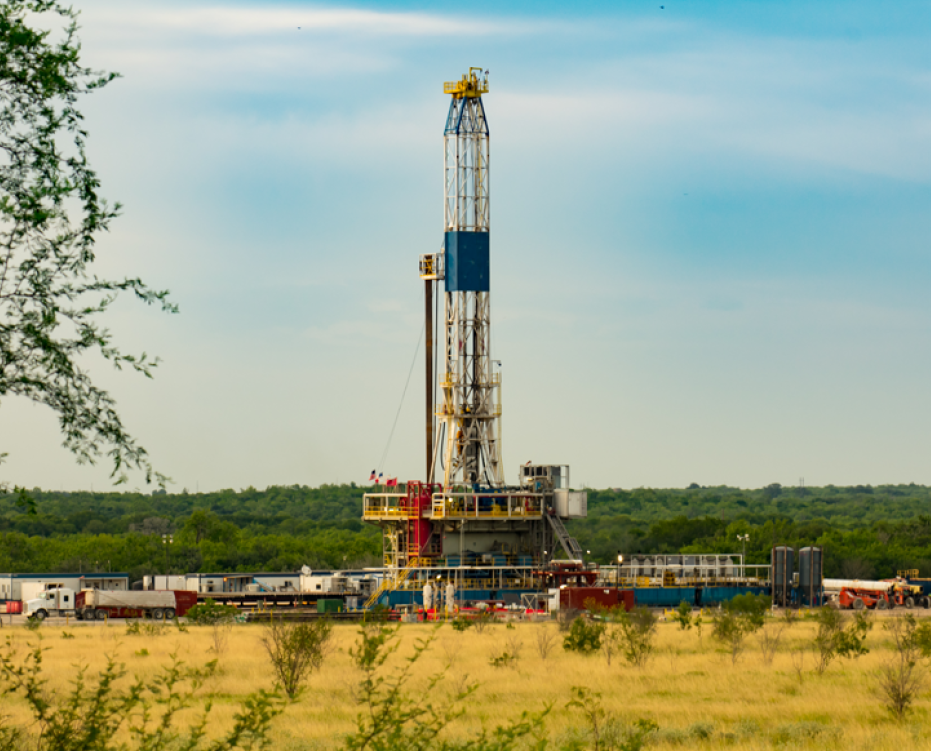From the Editor: UK calls time on shale gas pursuit [Gas in Transition]
When UK firm Cuadrilla began its shale gas pursuit in north England in 2016, there were high hopes for the unconventional resource. Countries across energy-importing Europe were weighing up their shale gas potential at that time, hoping to replicate the success seen in the US.
A European shale gas revolution did not materialise, however. It soon became clear that shale gas was not acceptable to the public, and a number of governments, pressured by environmental groups, imposed moratorium on its development and the necessary use of hydraulic fracturing. Even in countries where shale gas extraction is still permissible, developers have faced an uphill struggle with permitting, opposition from local authorities, lawsuits and sustained campaigns by environmentalists.
Cuadrilla was one of several companies to target the Bowland Shale stretching across north England, estimated by the British Geological Survey to hold 37.6 trillion m3 of in-place natural gas. In theory, at least, this is enough gas to cover UK demand for many decades, and possibly over a century. Over the years, Cuadrilla undertook drilling and other work to evaluate the potential of its New Preston Road site in Lancashire. But issues with permitting meant delays at every stage, as did what shale gas proponents say are overly strict regulation of earth tremors caused by hydraulic fracturing activity. Each time a tremor of more than 0.5 magnitude was recorded, work had to stop. In the US, the threshold is 4.0.
Finally the Conservative government, traditionally a vocal advocate of shale development, imposed a moratorium on hydraulic fracturing in late 2019. Sceptics at the time said it was a pre-election ploy to appeal to traditional Labour voters in the north of England, where most shale gas projects were underway. The Conservatives ended up achieving a landslide victory in the election in December 2019, thanks to prime minister Boris Johnson’s promise that he would Get Brexit Done. Those Labour voters in the so-called “Red Wall”, referring to a block of traditionally Labour constituencies in the north of England, voted in droves for Johnson.
Now, over two years later, it seems that the UK is finally calling time on shale gas development. In a statement on February 9, Cuadrilla said it had been ordered by the Oil and Gas Authority (OGA) to plug and abandon the UK’s only two horizontal shale wells at New Preston Road.
“At a time when the UK is spending billions of pounds annually importing gas from all corners of the globe, and gas prices for hard-pressed UK households are rocketing, the UK government has chosen this moment to ask us to plug and abandon the only two viable shale gas wells in Britain,” Cuadrilla CEO Francis Egan lamented. “Cuadrilla has spent hundreds of millions of pounds establishing the viability of the Bowland Shale as a high-quality gas deposit.”
Shale gas in north England could cover UK energy needs for decades to come, he said, noting that once the well had been filled with cement and abandoned, it would be very costly and difficult to restore them.
The political landscape is very different to what it was when the moratorium was introduced. The Conservative government, and Johnson personally, have faced scathing criticism for the handling of the coronavirus pandemic, as well as alleged flouting of restrictions by the prime minister and Downing Street staff. The party is now trailing behind Labour in popularity, and according to a YouGov poll, 70% of the public think Johnson is doing badly as leader. The sharp increase in bills that UK energy consumers face this year will only make matters worse.
In reality, there is little that the government can do in the short term to alleviate the crisis, save for measures to protect the most vulnerable consumers. Declining domestic gas production over the years has left the UK more vulnerable to global energy market volatility, and this trend is only set to continue, according to current projections. The Climate Change Committee warns that import dependency will grow to 80% by 2050. As long as the UK needs gas, there is both environmental and economic logic in sourcing as much of it as possible at home.
After resigning as Brexit minister in December, Lord David Frost and over 30 other members of parliament have urged Johnson to lift the ban on hydraulic fracturing since Cuadrilla’s announcement. In a letter, the lawmakers said that doing so would “allow us to combat the cost of living crisis, level up, create jobs, opportunity and a renewed sense of community in the north, improve our energy security, reduce our reliance on imported gas, stabilise energy and achieve net zero without increasing the cost of living for already hard-pressed working families.”
That is quite a tall order, and it would take years for significant gains from shale gas development to materialise. But materialise they would.
However, the government is very unlikely to reverse course on shale gas for a simple reason. While development would be a boon for the UK economy, the public remains firmly opposed to it. In a December YouGov poll, asking participants “Should Britain start extracting shale gas,” 55% said no, while only 19% said yes and 25% were undecided. This means that public opinion has not changed since two years ago, when 59% said no, 18% said yes and 24% were undecided.
Businesses and politicians will continue lobbying for the moratorium to be lifted. But the writing is on the wall. The UK’s shale gas pursuit has reached its end.



